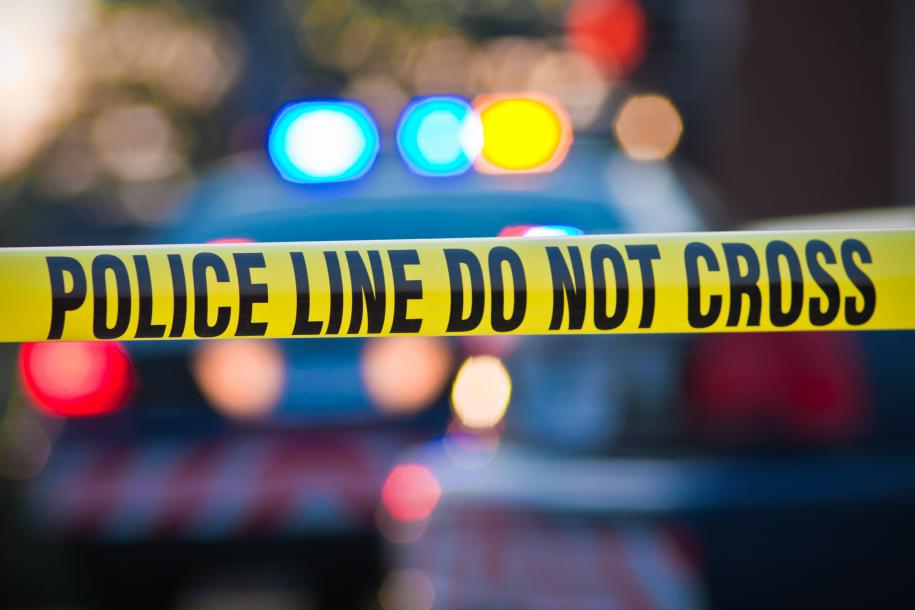
Breadcrumb
- Essential Partners
- Our Impact
- News and Notes
- Turning to Each Other
Turning to Each Other

The violence, grief, and acrimony of the last week have been brutal. In the midst of such public anger and heated rhetoric, I was reminded of another piece of sad news: the death of Holocaust survivor and man of brilliance, Elie Wiesel. Of a lifetime of wisdom, no words of his have felt more urgent than these; I have clung to them for both courage and challenge:
"We must always take sides. Neutrality helps the oppressor, never the victim. Silence encourages the tormentor, never the tormented.” ― Elie Wiesel
It seems like a forthright, straightforward—if bracing—statement. We have a duty, moral and relational, to stand with those who are suffering injustice. As an activist, I prided myself on living that commitment: to be on the side of what was right, to speak up for those who were being tormented.
Now I lead an organization that works to bring people with very different perspectives, beliefs, and backgrounds, into relationship. What we see in our work is that community is not a given—it does not arise spontaneously due to our proximity in neighborhoods or workplaces. Community is a choice: an act of courage when fear and mistrust threaten to tear us asunder. Because of our commitment to being present with the many perspectives that reside around any issue that matters, we do not take a side on the issues. Yet we are not neutral. We make an active commitment to listen, to engage, to honor each person and perspective that arrives. Our practitioners call this being multi-partial. Not im-partial, or lacking a side, but multi-partial: willing to hold each part, even though they may contradict each other.
This precarious balance requires careful preparation to make sure all those "parts" meet on ground that is as level as possible. Instead of asking “What do you want to say?” we ask, “What do you need in order to feel heard?” What do you need to do to prepare yourself to really listen to others? What agreements will help to secure a space for you to tell your truth, and to listen with resilience? These are not superficial questions—they live in the very heart of power differences, and invite reflections on the assumptions we make about each other that guide most of our communication.
What we find, over and over again, in our conversations is that it is rarely so simple as to say there is a single oppressor or oppressed. When we are able to really speak and listen from the depths and complexities of who we are, we find that we are all suffering from the human systems that keep us separate, fearful, misunderstood and misunderstanding. And we find that what takes real courage is the work of turning to one another, against all the tides that would tell us to pull back, to withdraw, to point fingers and build walls, and instead to ask: where are you hurting?
The gross atrocities of humanity don't usually begin with hard lines of good and evil. They begin with people trying to make sense of the world from their place in it, limited in what they can know and see, acting to protect and promote the life of those they care about. This is true in this particular moment for men and women who are serving in law enforcement, and it is true for black and brown people who are advocating for a change in a society that has disproportionately imprisoned them. It is true for people who advocate fiercely for the right to bear arms, and it is true for those who are outraged at the lack of gun regulation. There are indeed systems and structures that have affected particular people disproportionately and yet those structures are not the ones whose bodies are sacrificed routinely on the altar of our misunderstanding. "We see the world not as it is but as we are,” wrote Anais Nin. I think it is safe to say we are all suffering.
Being told we are wrong rarely prompts a moment of awakening; instead, we retreat into the known, even though it may cause us greater pain. Finding a wider lens with which to view the world, situating ourselves in the midst of a bigger scene, helps us widen the circle of life we commit to promote and protect. Knowing our neighbor more fully makes the connection more visible, and less optional. The more you see of that neighbor, the more you are truly seen. We don't take a single side, because true liberation is a choice made from seeing the whole. That whole is painful, complicated, uncertain. It is our great responsibility, no matter what our cause, to share our truth and let go of the belief that it is the only one. I'm not sure Wiesel would disagree, and it is my great loss that I never had the chance to ask him.